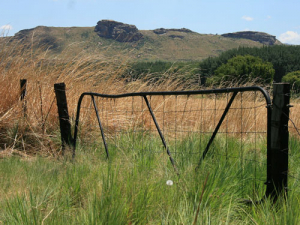This is the amount various countries are pouring into subsidising their farmers every year, according to a recent international report.
The OECD’s ‘Agricultural Policy Monitoring and Evaluation 2018’ report not only shows the huge subsidies being tipped into distorting global agricultural production and trade annually; it also points out just how badly targeted it is.
“Most agricultural support policies continue to be poorly aligned with defined objectives, while measures that distort production and trade continue increasing in some countries,” the report highlights.
We can only agree with the OECD’s conclusion that: “… progress is needed in reducing and redesigning the world’s agricultural support policies”.
Any such move would be hugely benefit farmers in New Zealand, whom the report found were at the bottom of the OCED table of global governmental support for agriculture. Contrast us with the five countries handing the biggest subsidies to their farmers: Iceland, Norway, Switzerland, Korea and Japan – ranging from 40-60% of their farmers’ total earnings.
The report says that almost 80% of the total annual government support for agriculture during the period studied was provided to individual producers. But only 14% funded general services such as R&D or infrastructure – the very things it says are needed to equip the world’s farming sector for future challenges.
The report recommends the focus of any agricultural support should be to address the need to increase productivity growth sustainably and enhance environmental performance – especially in the context of a changing climate.
The OECD says its this report underscores that most agricultural subsidies are not aligned with these objectives.
“Government support to market prices not only harms consumers -- especially the less well-off -- but also reduces the competitiveness of the food industry itself.”
Let’s hope world bodies such as the OECD and the WTO will start to take action on the perverse and distorting impact the obscene agricultural subsidies are having on the environment, trade and availability of cheap food around the globe.
These bodies could do worse than look at NZ as a glowing example of a country farming successfully without the need for subsidies.









